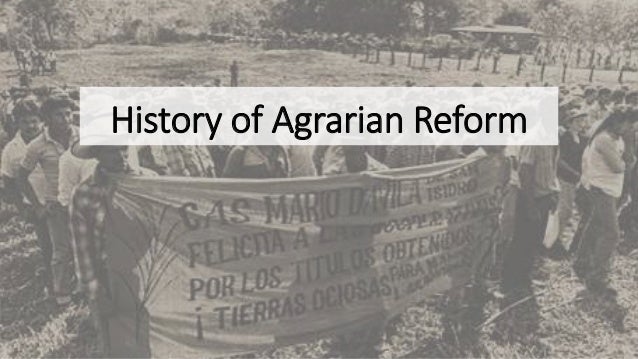Mandate and Functions
To lead in the implementation of the Comprehensive Agrarian Reform Program (CARP) through Land Tenure Improvement (LTI),
Agrarian Justice and Coordinated delivery of essential Support Services to client beneficiaries.
- To provide Land Tenure security to landless farmers through land acquisition and distribution; leasehold arrangements’ implementation and other LTI services;
- To provide legal intervention to Agrarian Reform Beneficiaries (ARBS) through adjudication of agrarian cases and agrarian legal assistance;
- To implement, facilitate and coordinate the delivery of support services to ARBs through Social Infrastructure and Local Capability Building (SILCAB); Sustainable Agribusiness and Rural Enterprise Development (SARED); and Access Facilitation and Enhancement Services (AFAES).
Mission Statement
DAR is the lead government agency that upholds and implements comprehensive and genuine agrarian reform which actualizes equitable land distribution, ownership, agricultural productivity, and tenurial security for,
of and with the tillers of the land towards the improvement of their quality of life.
Vision
A just, safe and equitable society that upholds the rights of tillers to own, control, secure, cultivate and enhance their agricultural lands,
improve their quality of life towards rural development and national industrialization.



